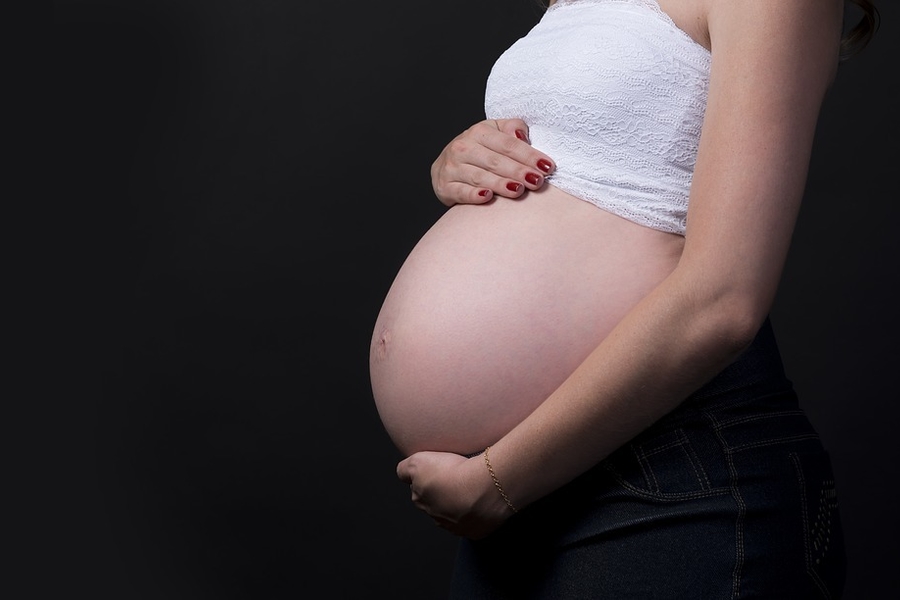
Hypothyroidism During Pregnancy
14 Mar 2018 | 4 min Read
Dr Saurabh Dani
Author | 10 Articles
The thyroid hormone is responsible for regulating vital body functions like breathing, heart rate, central and peripheral nervous systems, body weight, muscle strength, body temperature and cholesterol levels among others.
The active hormones are Triiodothyronine (T3) and T4 (Thyroxine). T3 and T4 are regulated by the thyroid stimulating hormone (TSH).
What triggers hypothyroidism?
When the thyroid gland produces less T4 (90% hormone produced by the thyroid is T4 and the remaining 10% is T3) it is called hypothyroidism. Usually with mild reduction, there may not be any symptoms but when there is a significant reduction the person may experience tiredness, fatigue, lethargy, weight gain, constipation,cold, trouble sleeping, difficulty in concentrating, dry skin and hair, depression, frequent heavy periods, joint and muscular pain, etc.
In response to reduced production of T4, the body produces more TSH. ence, in hypothyroidism, TSH is high whereas T4 is low/borderline.
Hypothyroidism during pregnancy
In pregnancy, there is a physiological increase in the thyroid binding proteins. Since T3/T4 are bound to these proteins, their levels also increase during pregnancy. Due to this reason, it is generally preferred to do a Free T3/Free T4 test in pregnancy, as those values remain unchanged. Along with TSH/Free T3/Free T4, the woman may be advised to also get anti-TPO antibodies. Increased rate of foetal loss and premature delivery is observed in women with high anti-TPO antibodies.
It is better to normalize thyroid levels before pregnancy than do it during pregnancy. But since in most cases, there are no symptoms of hypothyroidism, it only gets detected in the course of pregnancy, when it is specifically tested for.
The current guidelines of FOGSI (The Federation of Obstetric & Gynecological Societies of India) and most international guidelines recommend testing for thyroid disorders as early as possible in pregnancy.
Impact of hypothyroidism on foetus
In a pregnant woman, hypothyroidism can also affect the foetus since the foetal thyroid develops only after 10 weeks and is entirely dependent on the mother’s thyroid hormones during that period.
The severity of developmental problems in a foetus is directly proportional to the extent of hypothyroidism. Higher the deficiency, higher is the possibility of the foetus suffering from impaired brain development.
Some women may experience abortions due to hypothyroidism. ence, it is advisable to check and ensure that you have a normally functioning thyroid t prior to planning a pregnancy.
Treatment of hypothyroidism
Hypothyroidism is one of the easiest diseases to manage and treat once diagnosed.
Medication is prescribed for the condition only if TSH levels are >4 mU/L. The dosage would depend on the values in the report, weight and other factors. The goal is to bring TSH < 2.5 mU/L.
The treatment for hypothyroidism is a simple pill that needs to be popped every morning before anything else – Levothyroxine. Levothyroxine is absolutely safe for the mother and foetus when taken during pregnancy.
Once the condition is diagnosed, all the pregnant woman has to do is pop a pill of Levothyroxine daily first thing in the morning before anything else. She should wait at least 30 minutes after popping the pill to consume anything else.
Apart from this, there is no additional specific care that needs to be taken to control the condition except for regularity in taking medicines and following a balanced diet.
There are some foods that can have negative effects on thyroid but instead of just omitting the food someone may love, it would be wiser to just cut down on the quantity.
Happy Pregnancy!
Also Read: Dental Care During Pregnancy
A


Related Topics for you
Suggestions offered by doctors on BabyChakra are of advisory nature i.e., for educational and informational purposes only. Content posted on, created for, or compiled by BabyChakra is not intended or designed to replace your doctor's independent judgment about any symptom, condition, or the appropriateness or risks of a procedure or treatment for a given person.
